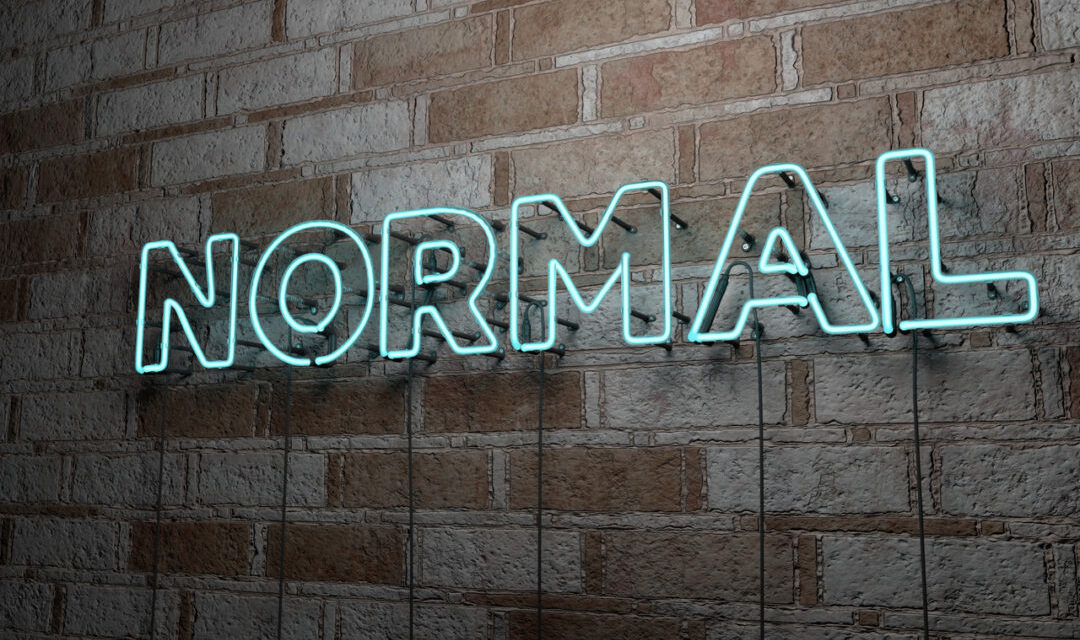Jobs: 1998, Commerce: 1999, Housing: 2002, Tourism, 2005, Mood: 2003.
Those are the years to which the Great Recession has propelled South Florida’s economy. In a series entitled Economic Time Travel, The Miami Herald, here, and here, recently provided evidence of the stark reality that many businesses and consumers face.
The Herald study tracked 60 different monthly indicators, from revenue generated by hotels, building permits, home re-sales, unemployment, cargo volume, taxes, and many others, all weighted based on their relative importance to the economy as judged by economists, analysts and industry leaders.
Collectively, the Great Recession sent the South Florida economy back to 2002. Individually, many sectors have fared much worse, such as commerce and the overall business climate. The jobs market slid back to levels unseen since 1998. Only tourism and trade, two sectors that support lower level, service sector jobs, have prospered and bounced back.
60 economic indicators can’t be wrong about what we’ve all intuitively felt for a few years: we’re crawling backwards, not forwards economically. Our standard of living, earnings and our purchasing power have declined significantly, yet prices continue to march forward. Commodity prices have surged, and gas is poised to surpass the record levels reached in 2008. Nearly every family has been directly or indirectly affected by this economic malaise.
As a consequence, this recession feels different. It feels permanently regressive, disconcerting, and disorienting. No longer do we see the light at the end of a tunnel, most of us can’t even find the tunnel. No longer do we believe that our children’s standard of living will ever reach our own. Cynicism has bred contempt and disdain for the acknowledged pillars of our economy: Wall Street, the banks, the Federal Reserve, government, insurance companies.
Collectively and individually, we no longer know whom to trust and which institutions in which to place our faith. Now, the Herald has merely confirmed our worst fears, our local economy has statistically regressed to points not seen in a decade.
How does this Great Recession feel to most people? The feeling is akin to standing on quicksand. No stability or permanence, and always wondering when the other shoe will drop. We’ve begun to feel like economic mercenaries, selling ourselves to whomever, for whatever length of time, knowing this too will end.
What impact will the Great Recession have on our future? Most of us will have to learn to live within our means, control our impulses, and limit our desires. This New Normal will fundamentally re-order how we think, how we spend, how we entertain, and where we work. The long-term vision that financial planners demand of their clients will be replaced by short-term survival skills. Evidence of this is that few workers have the means or wherewithal to budget for retirement planning. No longer will we trust institutions, whether government or otherwise, to provide for our future. Absolute self-reliance will become the norm.
How has the Great Recession impacted our collective psyche? A profound sense of distrust will replace the hopeful idealism that has been the hallmark of American capitalism. A sense of betrayal, from bankers, Wall Street, government, big-business, etc. will erode confidence in these institutions, leading to deep cynicism and ambivalence. This destructive attitude bodes poorly for a country fast slipping from economic prominence.
Unless our leaders collectively acknowledge the utter sense of chaos and destruction occasioned by the Great Recession, no healing will take place. The wound is still very much open, just covered. The fact that civil disobedience has not occurred as a result of Wall Street’s grand theft does not mean that people have failed to notice, and that a return to business as usual is likely. Our institutions will return to business as usual, our psyche’s will not. Unlike past recessions, the wounds and memories will run very deep for generations to come.



